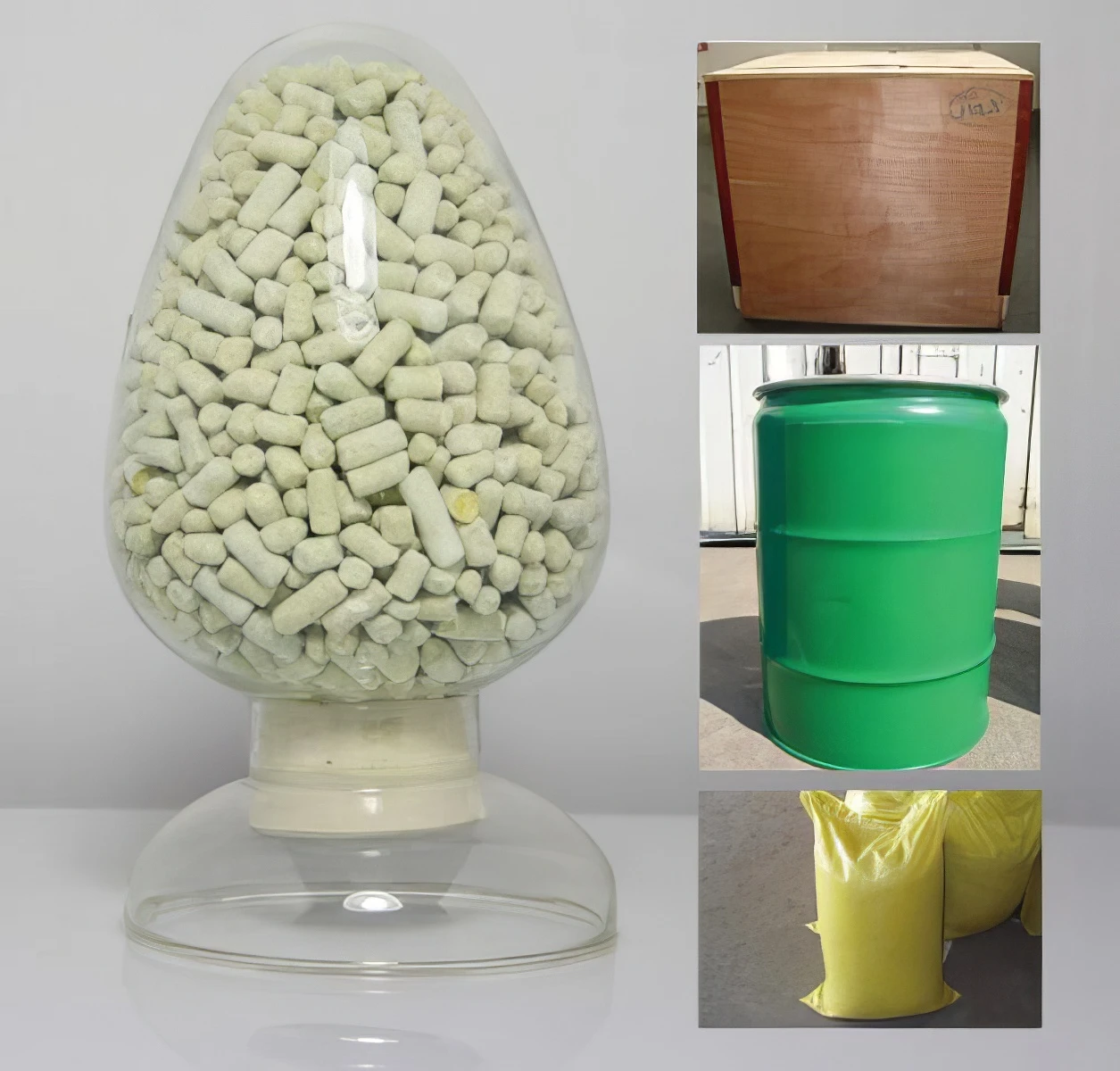



water cleaning chemicals
Water Cleaning Chemicals Essential Solutions for Clean Water
Access to clean water is a fundamental human right, yet millions of people around the world still lack it. The role of water cleaning chemicals in ensuring potable water cannot be overstated. These chemicals are vital for treating and purifying water, making it safe for consumption and use.
Water cleaning chemicals can be categorized into several groups, each serving a specific purpose in the water treatment process. The most common types include coagulants, disinfectants, and flocculants. Coagulants, such as alum and ferric chloride, are used to remove suspended particles in water. They work by neutralizing the charges that keep these particles apart, allowing them to clump together and settle out.
Disinfectants play a crucial role in eliminating harmful microorganisms from water. Chlorine is the most widely used disinfectant in water treatment plants, effectively killing bacteria and viruses. However, it is essential to manage chlorine levels carefully to avoid the formation of harmful by-products, such as trihalomethanes. Alternative disinfectants, like ozone and ultraviolet (UV) light, are gaining popularity due to their effectiveness and lower environmental impact.
water cleaning chemicals

Flocculants, such as polyacrylamide, enhance the coagulation process by facilitating the agglomeration of particles into larger clusters, making it easier to remove them from the water. This step is vital in ensuring that the water is clear and aesthetically pleasing, in addition to being safe.
In recent years, there has been growing interest in sustainable and eco-friendly water cleaning chemicals
. Many industries are exploring biodegradable options that minimize environmental impact while still achieving effective water purification. The shift towards greener chemistry not only addresses the immediate need for clean water but also promotes the health of ecosystems and communities.Furthermore, the quality of water is also impacted by various contaminants, including industrial pollutants and agricultural runoff. Advanced water cleaning chemicals are being developed to target these specific pollutants, ensuring that water sources remain uncontaminated and safe.
In conclusion, water cleaning chemicals are indispensable in the quest for clean and safe drinking water. As cities and industries continue to grow, the demand for innovative and sustainable chemical solutions will only increase. By investing in research and development, we can enhance our water treatment processes and ensure a healthier future for all. Clean water is not just a necessity; it is a vital component of life that deserves our utmost attention and care.
-
Why Sodium Persulfate Is Everywhere NowNewsJul.07,2025
-
Why Polyacrylamide Is in High DemandNewsJul.07,2025
-
Understanding Paint Chemicals and Their ApplicationsNewsJul.07,2025
-
Smart Use Of Mining ChemicalsNewsJul.07,2025
-
Practical Uses of Potassium MonopersulfateNewsJul.07,2025
-
Agrochemicals In Real FarmingNewsJul.07,2025
-
Sodium Chlorite Hot UsesNewsJul.01,2025










